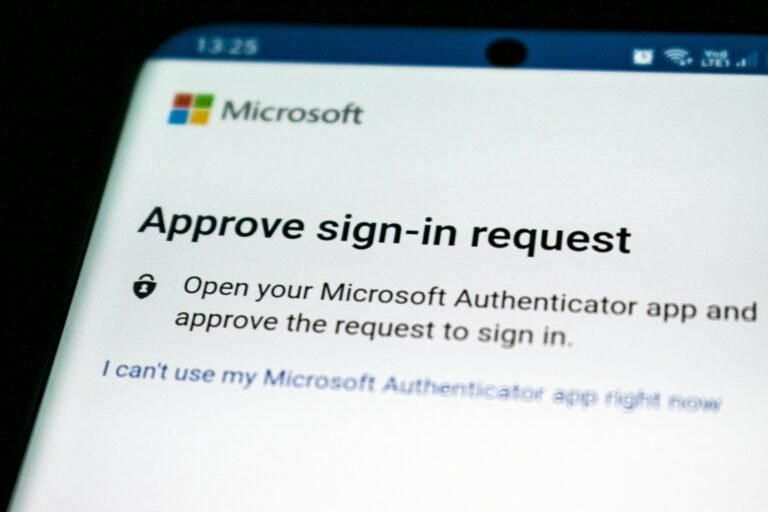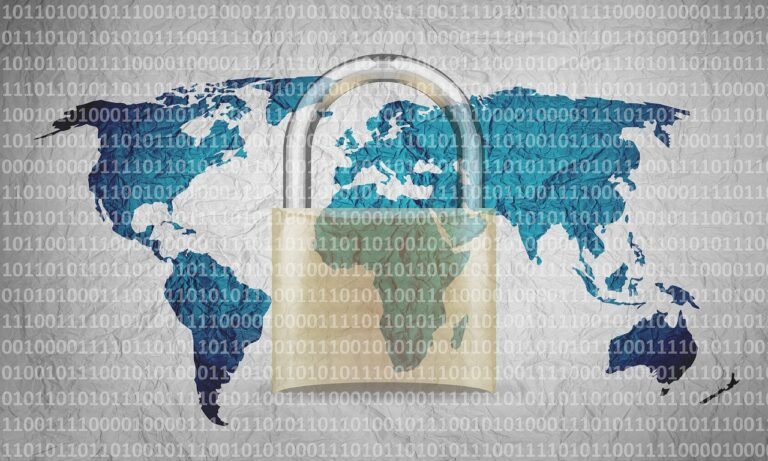United Kingdom government withdraws Apple backdoor request
The U.K. government has reportedly abandoned its plans to compel Apple to weaken encryption protections and implement a backdoor that would allow access to the encrypted data of U.S. citizens. U.S. Director of National Intelligence Tulsi Gabbard stated on X that the U.S. government had collaborated with its U.K. partners over recent months to safeguard Americans’ civil liberties. As a result, the U.K. has agreed to withdraw its mandate for Apple to provide a backdoor, which would have infringed upon these civil liberties. This decision follows Apple’s disabling of its Advanced Data Protection feature for iCloud in the U.K. earlier this year, prompted by government demands for backdoor access. Apple expressed disappointment that the protections offered by Advanced Data Protection would not be available to U.K. customers, especially amid rising data breaches and privacy threats.
The secret order requiring Apple to implement a backdoor was issued as a technical capability notice by the U.K. Home Office under the Investigatory Powers Act, allowing blanket access to end-to-end encrypted cloud data, including for users outside the country. Critics have argued that such access effectively creates a backdoor that could be exploited by cybercriminals and authoritarian regimes. Apple has appealed the legality of this order, with the Investigatory Powers Tribunal denying the Home Office’s attempts to keep the case confidential. In contrast, Google reported that it had not received any requests from the U.K. to weaken encryption protections, while Senator Ron Wyden noted that Meta denied receiving any orders to backdoor its encrypted services, unlike the situation with Apple.








